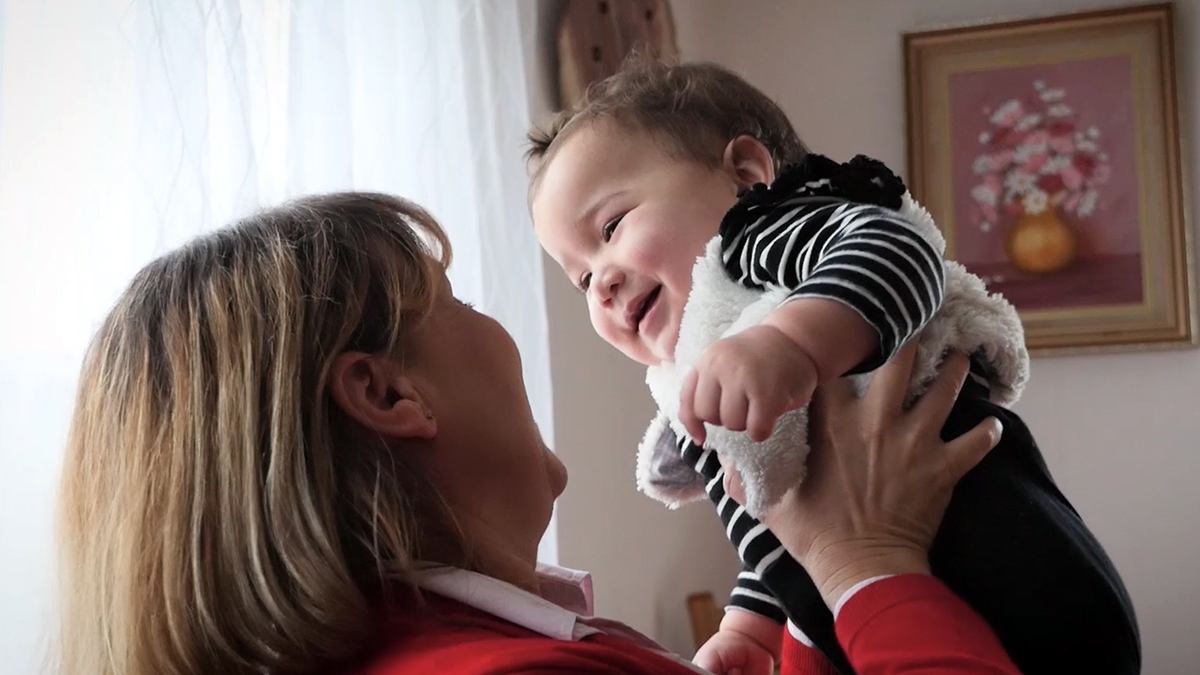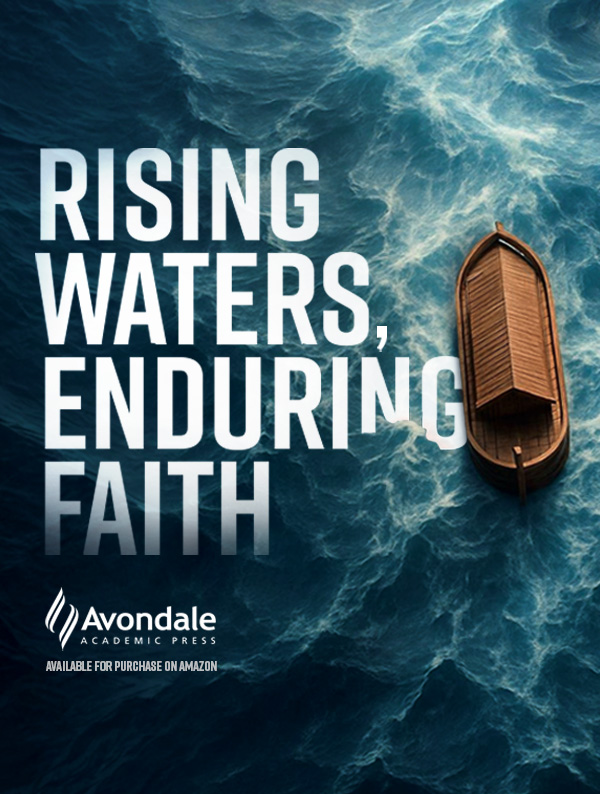In my conversations with church members in New Zealand and abroad, I always hear them say that ADRA is an organisation that provides relief to those facing disasters. This seems to be the predominant view of what ADRA does—not just in the Pacific but also throughout the world.
The name of the organisation—Adventist Development and Relief Agency—does suggest that its role is to provide relief. The word “development” is often misunderstood and is sometimes confused with real estate, economic or personal development. The meaning of development in ADRA’s sense—community development—is empowering local communities to lead and develop their own strategies and manage their own resources.
At ADRA we are facilitators or brokers of this change process. As we work with communities, we always gain more in terms of learning than what we are able to contribute.
While ADRA responds to disasters and engages in development through best practices in community mobilisation, project management and fundraising, its aim is not only to alleviate suffering and poverty but to see families and communities thrive. For that to happen, innovation, contextualisation and much community engagement is needed. In this sense, ADRA is more than just development and disaster.
The relationships built with all layers of society are unique in our ministry. We regularly meet with national and local government officials. We engage with church, business and community leaders, as well as with technical experts in academia for research and new project development. More importantly though, we develop relationships with community members no matter what circumstances they are in or which faith they profess. This happens every day.
I dislike hearing that ADRA is an entry point for further Church work. First of all, ADRA is not just part of the Church; ADRA is the Church as it demonstrates God’s love in action. ADRA is a “ministry of compassion”. If this is not being church, then what is?
Secondly, we follow Jesus’ example and work with everyone, whether a Samaritan at the well in Yemen, a Gentile in South Auckland or a Roman in Suva. The dollars raised through appeals or other campaigns not only directly help with immediate relief and longer-term life-changing development initiatives but also support policy change and advocacy on behalf of the “least of these”.
We may not preach or evangelise publicly, as most of our government funding prohibits this, but we live it. And as we know, actions usually speak louder than words. [pullquote]
In New Zealand, ADRA has worked closely with the Adventist health and discipleship ministries and with local churches through the Community Transformation Partnerships initiatives. These partnerships, focused on wholistic community wellbeing, show that different ministries can work very well together.
If we want those we serve to not only experience Jesus but surrender to Him, Jesus’ “method” is at our disposal (He mingled, showed sympathy, ministered to needs, won people’s confidence, then bade them to follow Him). Relationship building with communities is clearly a must in this journey.
At the same time, we should ask ourselves whether we would do something for someone else regardless of whether they are interested in knowing about Jesus or not. I truly believe we should. Do you?
Denison Grellmann is CEO of ADRA NZ.






